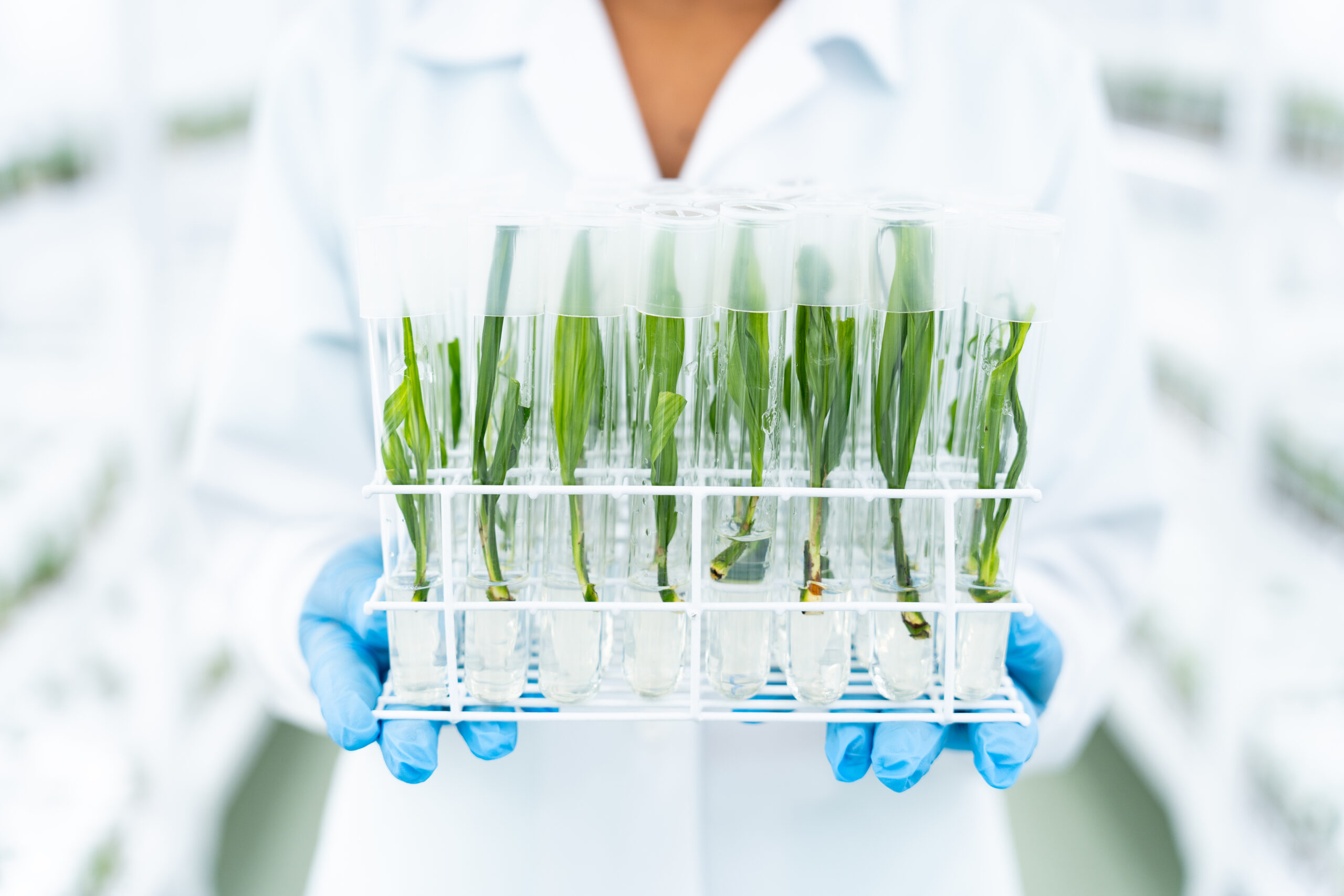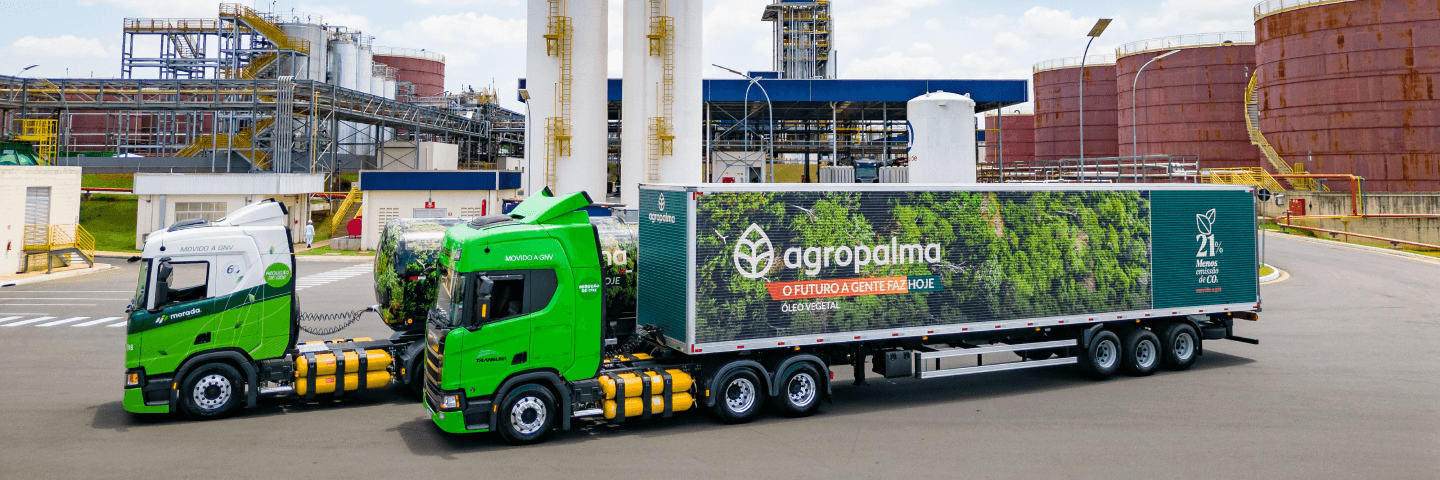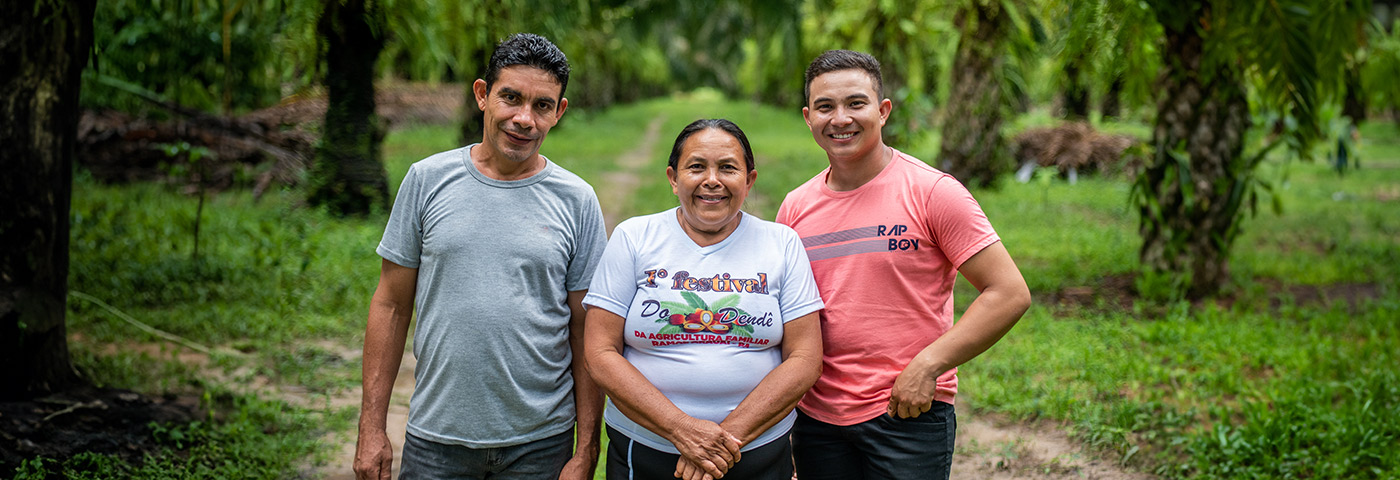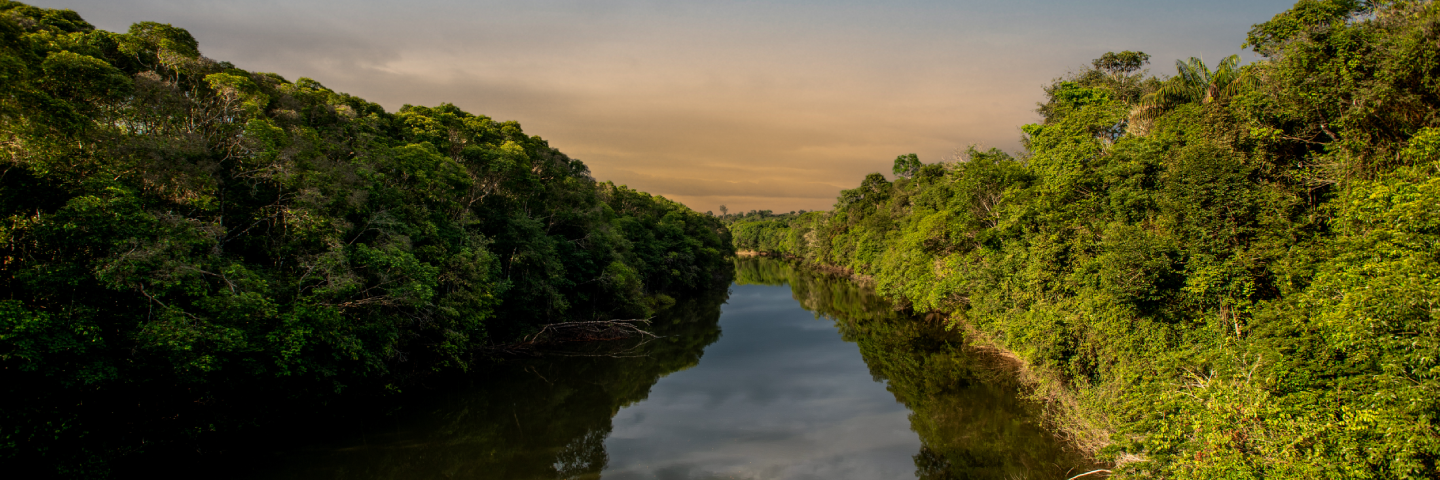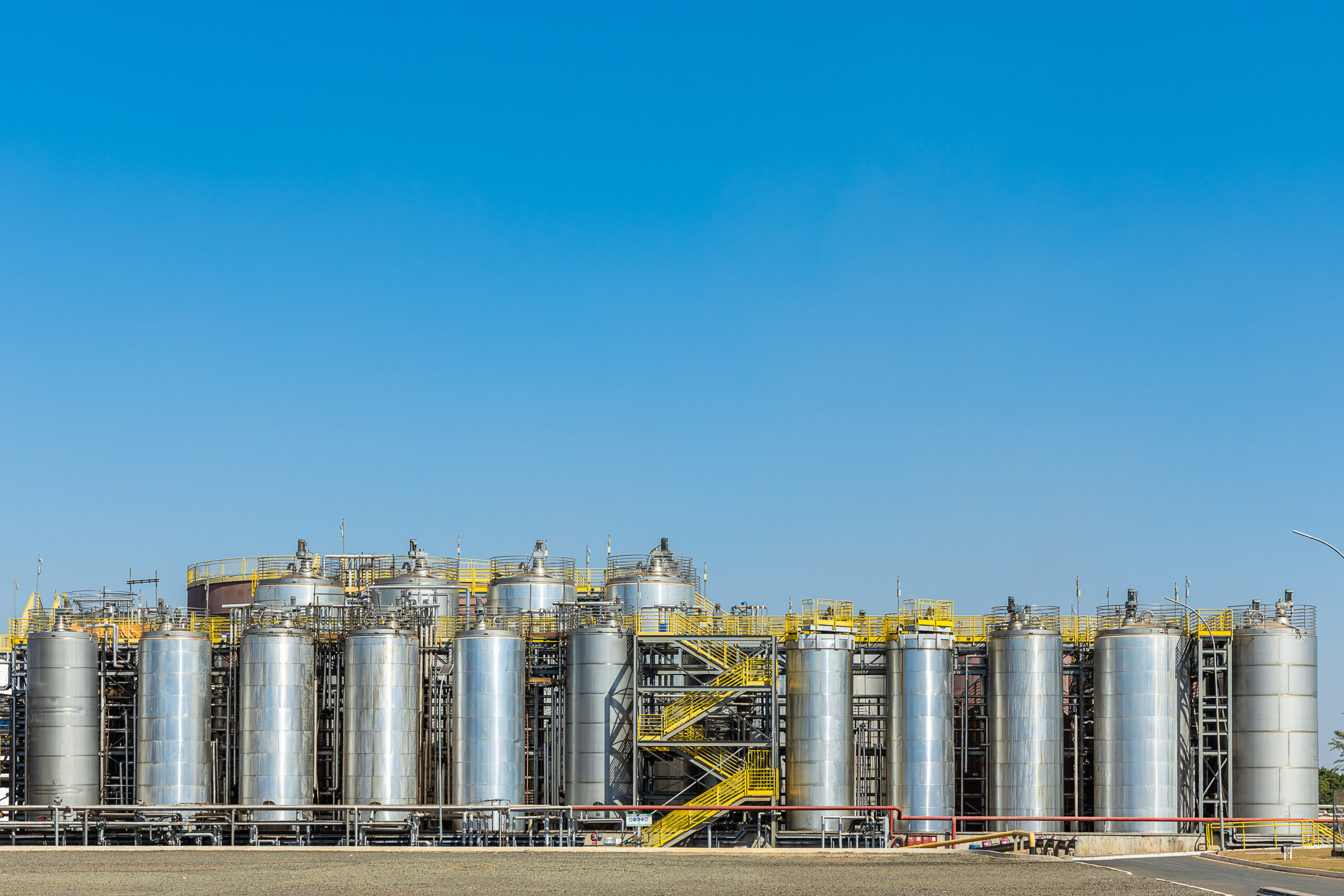A recent survey from the Senai Institute of Innovation in Biosynthetics and Fibers, in partnership with the Brazilian Bioinnovation Association (Abbi) and Luana Nascimento, professor at the Federal University of Rio de Janeiro (UFRJ), has demonstrated the benefits of adopting bioinputs in Brazilian crops. Among other advantages, they reduce the consumption of nitrogen, greenhouse gas emissions and fertilizer costs. Another relevant aspect pointed out by the researcher is the appeal of non-chemical inputs to the international market, who buys the Brazilian agricultural produce and is more demanding regarding environmental issues – particularly the European Union. “This is a fascinating subject, with plenty of ongoing studies in Brazil”, states Marcos Rodrigues de Faria, researcher at Embrapa Genetic Resources and Biotechnology.
CropLife Brasil (CLB), a non-profit civil organization representing companies specialized in research and development of solutions for sustainable agricultural production, believes that the major advantage of these products, as opposed to chemical inputs, is that 90% of the raw materials used are obtained nationally or from production centers close to Brazil. In addition, the country has qualified professionals and distinguished research lines, as stated by Amália Borsari, head officer of Bioinputs at CropLife Brasil. “Proof of that is the much larger amount of biopesticides and biodefensive products when compared to other countries”, says the specialist.
According to the organization, the bioinputs market has grown 15% in the 2023/24 harvest, compared to the previous season. Over the past three years, the recorded average yearly growth rate was 21%, four times higher than the global average. Agricultural bioproducts sold a total of BRL 5 billion, considering the farmer end price. This market is evaluated between USD 13 billion and 15 billion, including control segments, inoculants, biostimulants and solubilizers.
Koppert is a German company also operating in Brazil since 2012, dedicated to production and sale of bioinputs. Keeping a close eye on the Brazilian potential, the manufacturer entered a PPP (Public-Private Partnership) with Esalg and Fapesp, for the creation of SPARCBlio (São Paulo Advanced Research Center for Biological Control), a research center aimed at developing a new pest and disease control handling model. Koppert invests BRL 10 million every year in this project alone.
In addition to SPARCBio and research agreements with universities, Koppert has 40 researchers in its staff, with doctoral and post-doctoral degrees. Mostly chemists, biologists and agronomists, specialized in microbiology, entomology, phytopathology and plant physiology, working on three laboratories located in countryside São Paulo – two in Charqueada and one in Piracicaba. According to Koppert’s chief industrial officer Danilo Scacalossi Pedrazzoli, the company has worked to bring information to producers in an attempt to popularize the use of these products. “We explain that there are many advantages, such as volume produced, reduced cost, as well as quality”, he says.
At Vittia, a biotechnology and agricultural inputs company, 85% of research is dedicated to biological products, with a team of 50 specialists, in addition to joint projects with nearly 100 institutions. The company exports to nearby countries and has a subsidiary in Mexico, dedicated to bioinputs for use in species such as agave, corn and blueberry. Currently around 30% of revenue comes from these products.
The company’s head of marketing, Edgar Zanotto, tells that, as with any trending segment, bioinputs have potential, in addition to challenges, such as the increasing need for qualified professionals and increased knowledge of the consumer market. “Misinformation is a reality”, he says. “There is not enough information, so we are well aware of the importance of spreading reliable information on how bioinputs work, their types, genetic features and species. ‘
Traditional major chemicals companies are rapidly advancing in development of bioinputs. Embrapa’s Marcos Rodrigues de Faria believes the reaction is related to several pests developing resistance to chemicals. “In such cases, the products have to be recalled from the market’”, he states. “With biological inputs, the company may recommend alternated use to the producer, delaying the resistance.”
The global portfolio of Basf’s BioSolutions line has 45 products. Latin America has about 20 products, among bionematicides, biofungicides, biological nematicides, inoculants, pheromones and plant extracts. One of the company’s headliners is Votivo ® Prime, the first Basf bionematicide for industrial seed treatment in Brazil. This bioinput works in plant growth and contributes with nematoid control. For the time being, it is indicated for soy, cotton, corn and rice crops, and is currently being expanded to be used in other cultures.
Basf has invested in a portfolio expansion and is gearing up to launch new technologies for inoculants and biofungicides. We are always promoting development of new agricultural technologies”, asserts Ademar De Geroni Junior, vice-president of Strategic Marketing of Basf’s Latin America Agricultural Solutions Division “Not only in the biological segment, but also in chemical, seeds, biotechnology and digital agriculture”, informs the executive. The company invests EUR 900 million every year in the agricultural division, particularly in development of new molecules and formulations.
The Brazilian market’s profile shows promise for the future, according to Geroni. “The Brazilian farmer is one of the most open-minded regarding new possibilities, especially when talking about sustainable alternatives”, he says. Geroni also mentions a 2024 survey from McKinsey & Company, which shows that Brazilian producers lead the adoption of sustainable practices, with around 60% adhering to biological control. Also according to the survey, the main reasons for use of biosolutions are increased efficiency, lower costs, improvement in productivity and crop quality”, Basf’s VP adds.
Researches for development of new solutions are also in the sights of Syngenta. According to Igor Lyra, the multinational company’s head of Biologicals and Seedcare, Syngenta Biologicals was created to expand the supply of an existing demand by some farmers. “Our product line has evolved based on several agronomic tests and a vast amount of data collected focused on increasing harvest quality and productivity”, he explains. Recently, Syngenta has launched two biocontrol products which, according to Lyra, are in line with the new company’s sustainability pillars, which aim at increasing productivity with less impact. “The main factor that underpins the evolution of the biological department in Brazil is the increasing appeal for an agriculture that combines technologies focused on increasing productivity and environmental care”, he states. Bioinputs are a perfect fit in this concept.
The advance of biological products has attracted the attention of several multinational companies. The creation of Mosaic Biosciences, biological platform of The Mosaic Company, was announced by the company in 2023 and reached Brazil last March. According to Alexandre Alves, officer of Mosaic Biosciences, the company has a full bionutrition portfolio. He mentions Mbio Hidro, which protects crops against water scarcity and excessive heat, making plants more tolerant – a characteristic that is expected to increase in value, due to the progress of extreme weather conditions.
In spite of accelerated market growth, the head of Mosaic Biosciences Brasil also remembers that there are challenges, such as the advance of bioinput regularization. The executive highlights that Brazil has the largest biodiversity in the world and holds countless varieties of micro-organisms, which may be a key factor in placing the country as a worldwide leader in bioinputs. Corteva is also part of the multinational companies that staked a claim in biological products by proposing a combination between biologicals and chemicals. Corteva Agriscience’s Chief Biological Marketing Officer Robson Mauri analyzes that biological solutions in agriculture are recent, and farmers are finding out about the potential and benefits, particularly when used in combination with other handling practices, such as chemicals and biotechnology, including in the environmental scenario”.
One way of taking advantage of this potential and expand quickly is through acquisitions, such as Symborg, Spanish company specialized in microbiological technologies, concluded on March of last year, and North-American company Stoller, one of the world’s largest independent companies in the biological industry. Also according to the officer, the acquisitions launched Corteva to the top of the global market of biological products.
Innovations presented by the company in this field are the biological nitrogen fixer Utrisha™ N, for nitrogen fixation by foliar application. The product may be used in corn, soy and potato, while other crops are awaiting final clearance from regulatory entities.
Development of new products, including biological products, is crucial for business are Bayer, who globally invested around EUR 6.5 billion in R&D over the last three years.
PRODUCTIVITY INCREASE IS ONE OF THE PILLARS OF THIS MARKET
Bayer currently employs 8,300 scientists over 60 countries. The company now has its specialists working in the development of 12 state-of-the-art biotechnology projects. “The company is also aware that Brazil, its second largest market, is undergoing changes, particularly for addressing the social and environmental challenges of our time, including climate change, limitation of natural resources and population growth”, the company stated, through official note.
In the biological segment, Bayer also joined the open innovation research model. “We are engaged in strategic collaborations with biotechnology company Ginkgo Bioworks, headquartered in Boston (USA), and Spanish biological products company Kimitec, aiming at expediting development and commercialization of natural solutions for harvests”, the multinational informs. We also believe that investments made in the biologics industry will fuel our strategy regarding regenerative agriculture on a global scale. Bayer expects to reach EUR 1.5 billion in revenue from biological solutions by 2035. Indeed, bioinputs are here to stay.
SUSTAINABLE STRIKE
AGROPALMA HAS GOOD RESULTS WITH BIOLOGICAL PEST CONTROL
Largest sustainable palm oil producer in Latin America, Agropalma develops an innovative project in the biological control area. In 2022, the company bred a predator brown bug to counteract pests that attacked their harvests. Created in partnership with Esalg, the initiative is now bearing fruits. “On all farms where the bug was released, there was significant reduction, if not eradication, of attacks from leafworms”, states Gerson Carlos Glória, Plant Health Coordinator at Agropalma. The company has invested in several sustainable projects over the past few years. The company’s palms, for example, are fed with organic fertilizers from its own farms. Fertilization is based on the application of large volumes of organic biomass generated in processes of industry oil extraction. Among other benefits, the biomass decomposition also contributes to the increase in soil fertility and health, also helping prevent pests and diseases. In addition, the company monitors pests through pheromone-based traps or bioinsecticides with no collateral damage to the local microfauna.
Source: Plant Project – Oct/2024
 Back
Back


